If it’s New Year’s, it’s not just roast pork and fireworks that arrive on schedule, but often another Ukraine–Russia gas crisis, too. Thankfully, not every year begins with one, but it happens frequently enough to cause regular disruptions for Europe.
For example, right now. Rest assured, however: the halt in Russian gas transit through Ukraine does not directly affect Hungary. Our storage facilities are prepared for winter, and Hungary can also procure Russian gas through the Balkan branch of the TurkStream pipeline. Indirectly, though, it affects Hungary just as it does many other countries. Another shake-up in the European energy market is in no one’s interest, particularly during the winter months – not even for those who might think otherwise.
When Russian energy giant Gazprom stopped deliveries through Ukraine to Moldova, especially to in its breakaway region, because Kyiv had failed to renew the transit agreement, the move caused palpable disruptions. In response, our old "pal," Polish FM Radoslaw Sikorski, gleefully called this a “great victory.”
So in essence, the foreign minister of Poland, who assumed the rotating EU presidency yesterday, is celebrating - even if indirectly - that people in Eastern Europe’s poorest regions are now freezing in their homes.
For him, it is clearly more important to believe that this reduces Europe’s dependence on Russian energy. Meanwhile, Ukraine is also losing out on transit fees, depriving itself of up to $1 billion annually, all while constantly seeking aid from the U.S. and Europe.
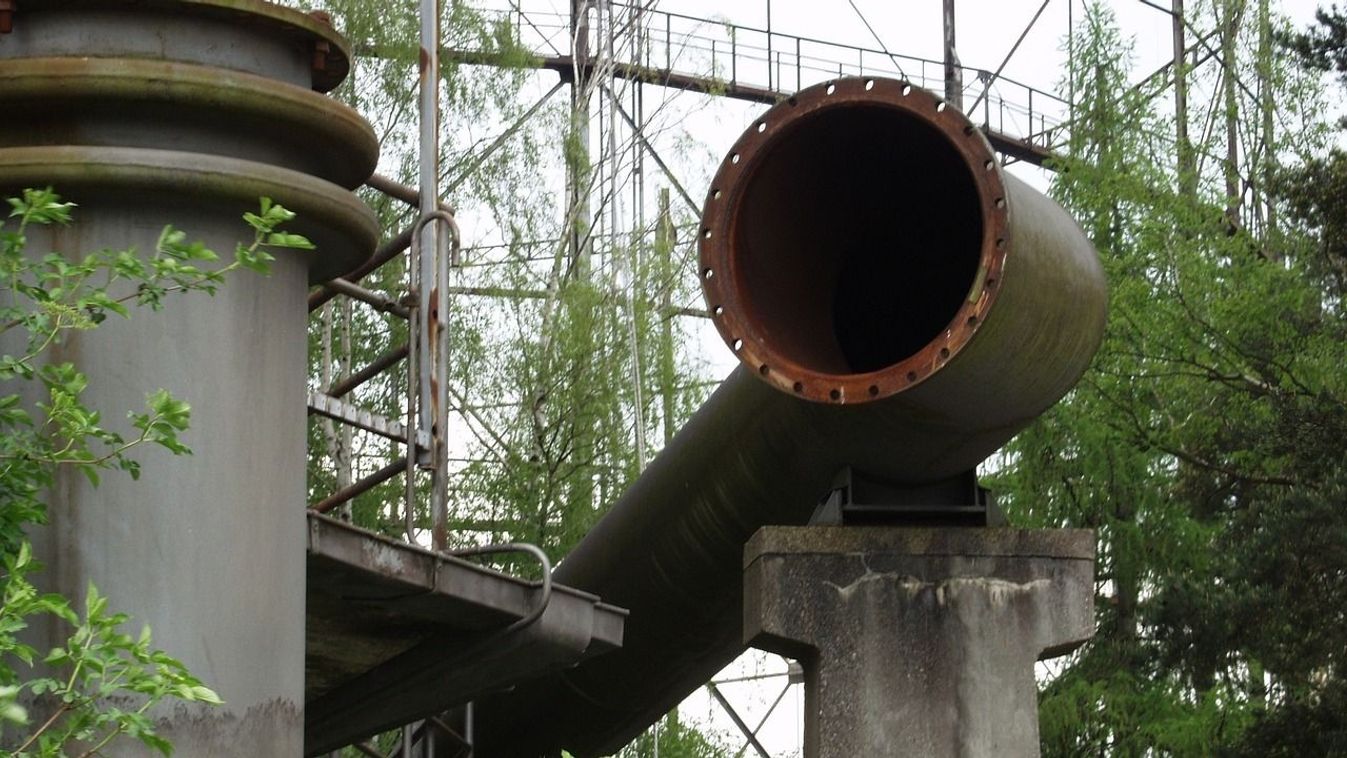
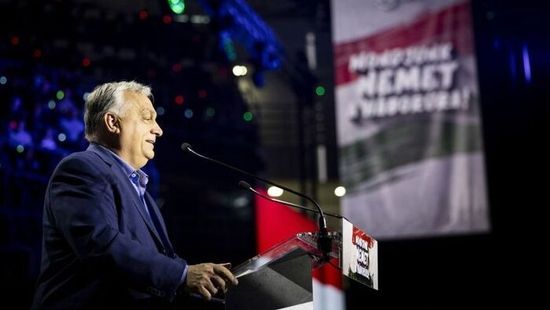






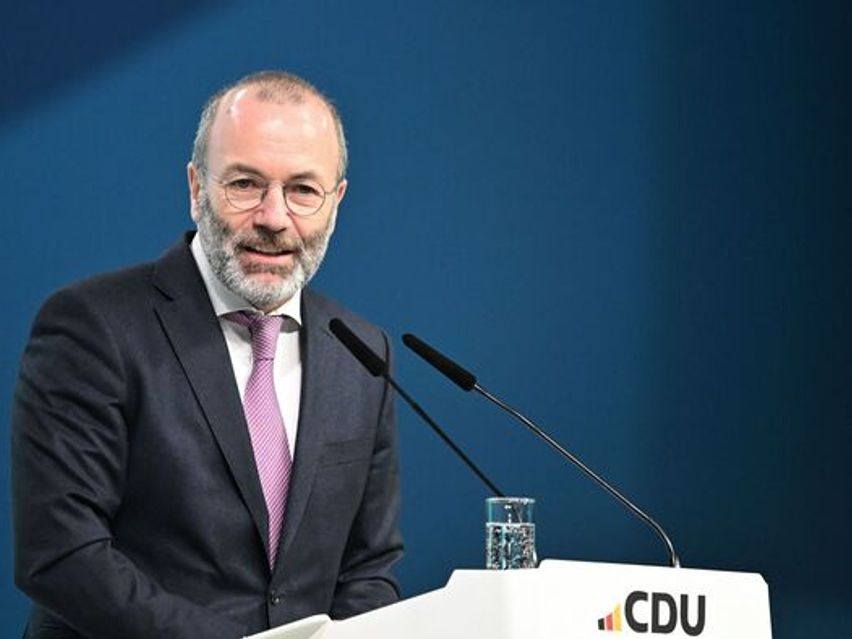
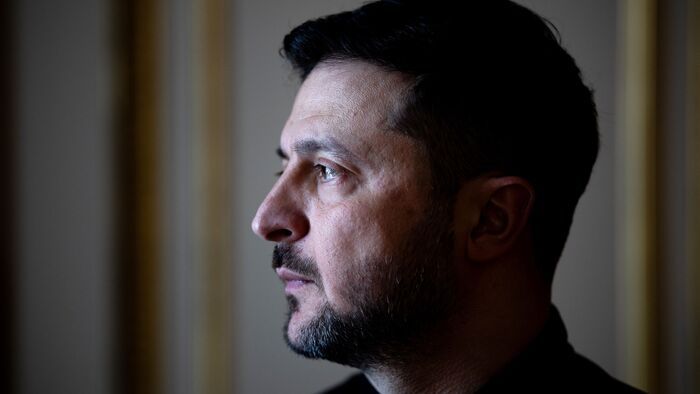

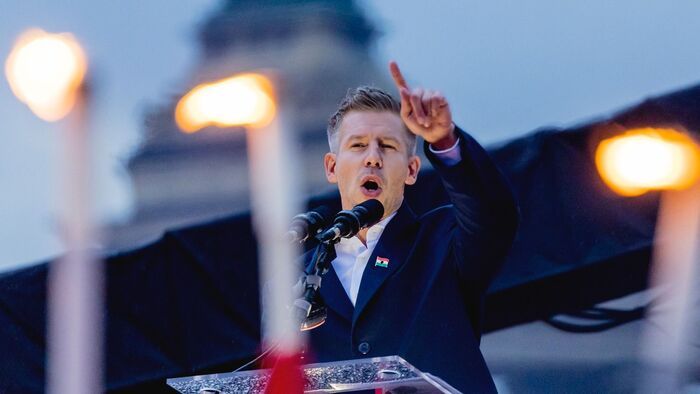
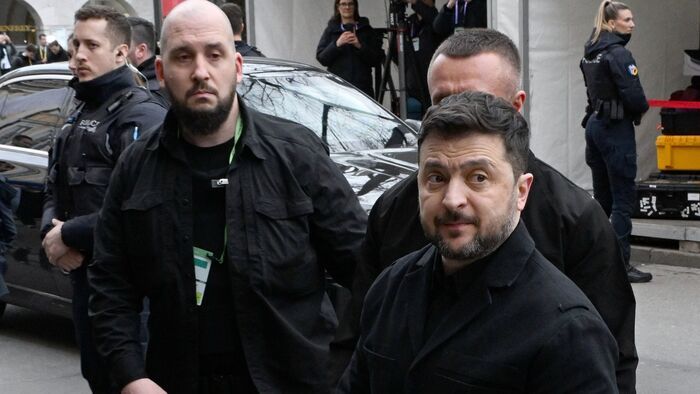
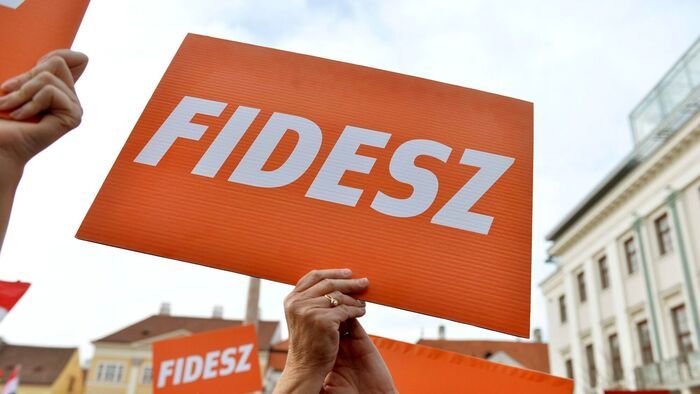

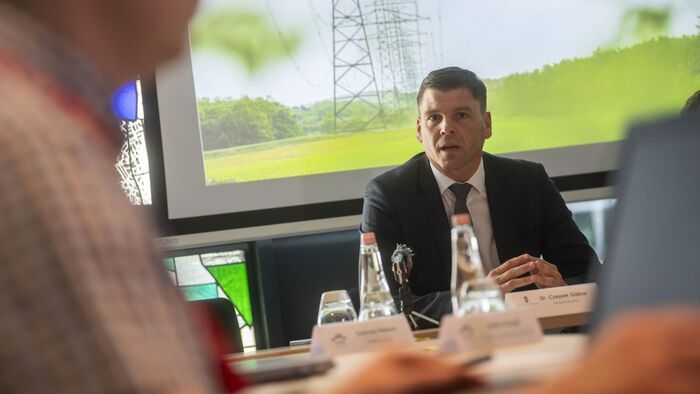
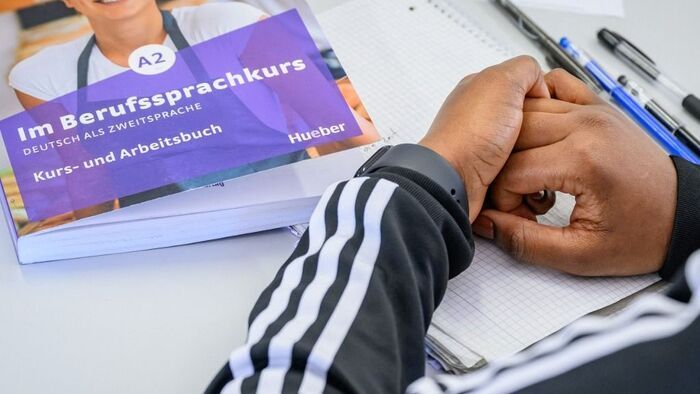
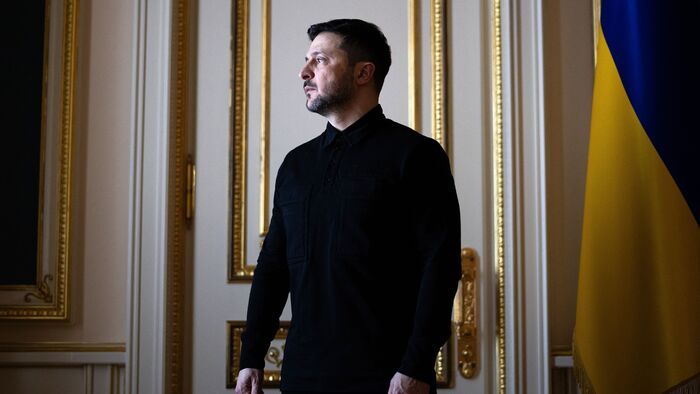



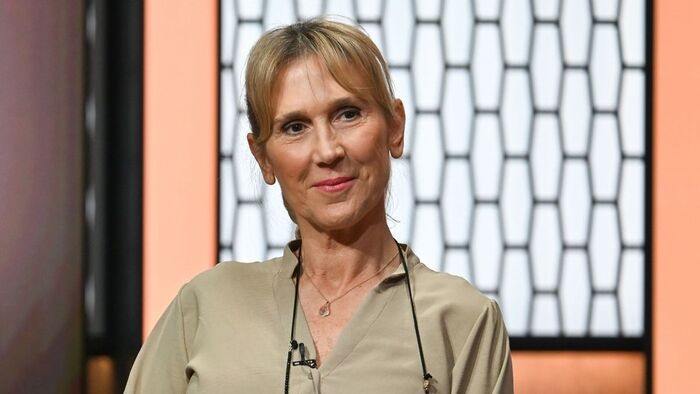

Szóljon hozzá!
Jelenleg csak a hozzászólások egy kis részét látja. Hozzászóláshoz és a további kommentek megtekintéséhez lépjen be, vagy regisztráljon!